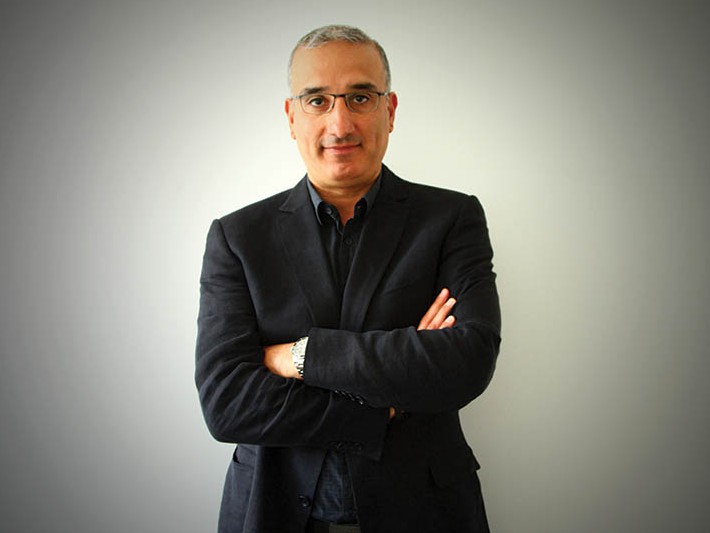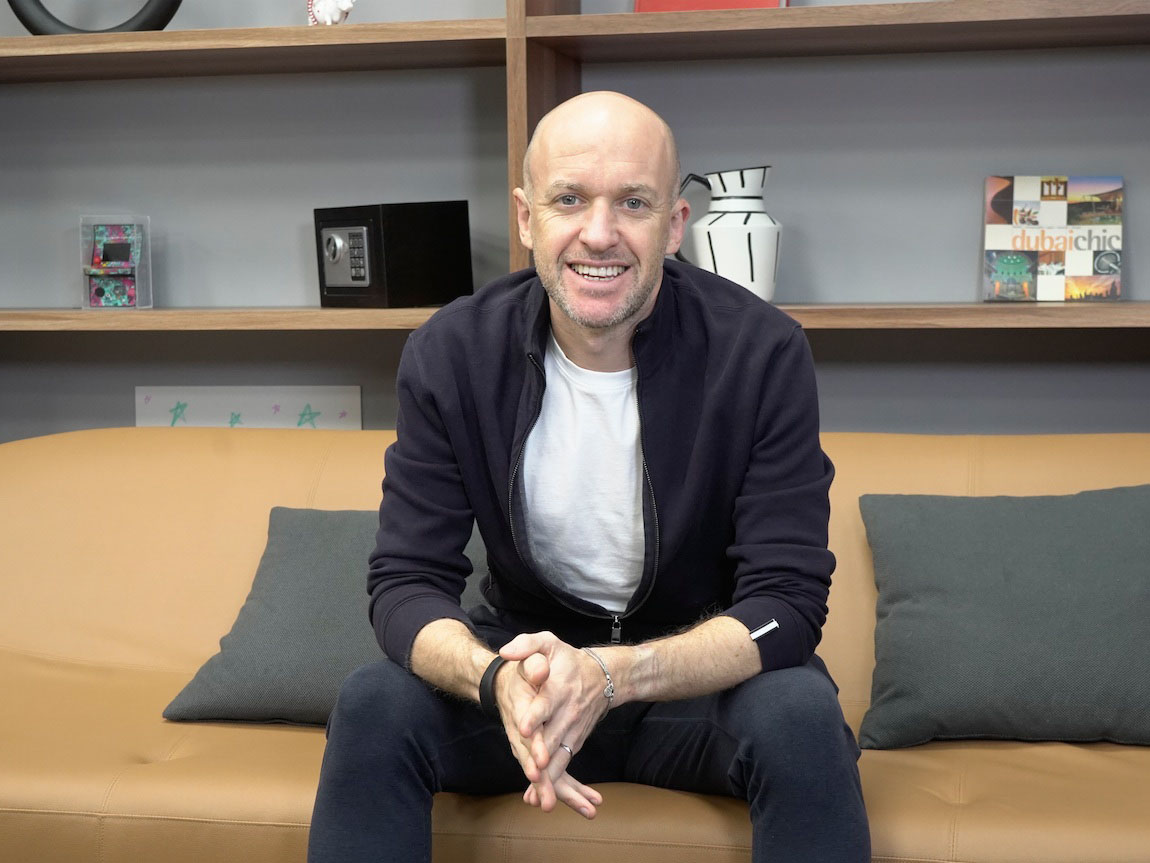Industry Talk
Are Signs Ahead Good or Bad?
by ArabAd staff
July 3, 2016
.jpg) Advertisement
AdvertisementFrom billboards to digital boards, from bus wraps to kiosks, from highways to city streets, from airports to shopping malls, from dawn ‘til dusk - dynamic content is always in view and craving for our attention.
The global outdoor advertising market is expanding at a fast pace and is expected to continue seeing stable growth in comparison with other media. Considering rapid change in the advertising industry, OOH’s innovations in the digital sphere has helped it hold its own in an increasingly diverse and crowded market.
In Lebanon, out-of-home advertising has a large share of the overall market, since there are less strict urban regulations and large inventories in comparison with other markets in the region. The OOH industry evolved more rapidly than expected in Lebanon despite the country’s shaky economic status. The presence and reach of OOH continues to grow, as the population – and the amount of time people spend out-of-home – increases, whilst substantial financial investment in products also accelerates.
Another matter to consider is the lower cost production required for digital screens, which is evident from the significant increase of screens this year in Lebanon. In the near future, I believe more technology will be introduced thereby increasing engagement ranging from the integration of data with mobile carriers to target micro-specific segments on the move.
These changes will lead to a more diverse range of choices combined with fierce rivalry amongst OOH players in order to win more market share. The battle is no longer just between OOH companies, instead these are competing with other mediums too, mainly TV stations.
While the OOH industry is growing, it is also facing increased pressure to demonstrate accountability, as both marketers and agencies become ever-more demanding on the efficiency and ROI of OOH. Around two or three years ago, Ipsos introduced their OOH research tool but for unknown reasons, it never saw the light of day. The OOH industry is seizing more than 20 percent from the total ad spending and OOH owners can easily afford to conduct such research.
With the invasion of new TV trends and digital chaos, OOH still remains somehow ‘the classic’ and efficient tool to reach consumers on-the-go. The advertising industry in Lebanon understands the importance of OOH and there still is room for improvements. Lebanon should invest in more organised networks, find and fix damaged outdoor sites and improve on a structured commercial approach to the market.




.jpg)







